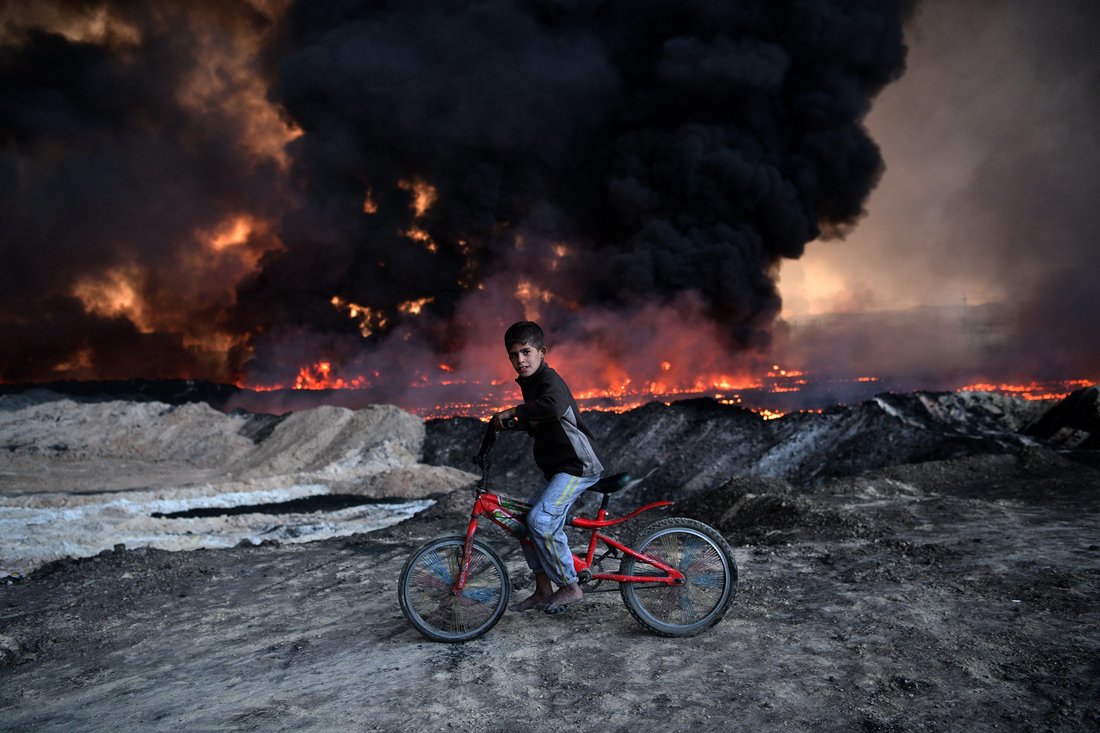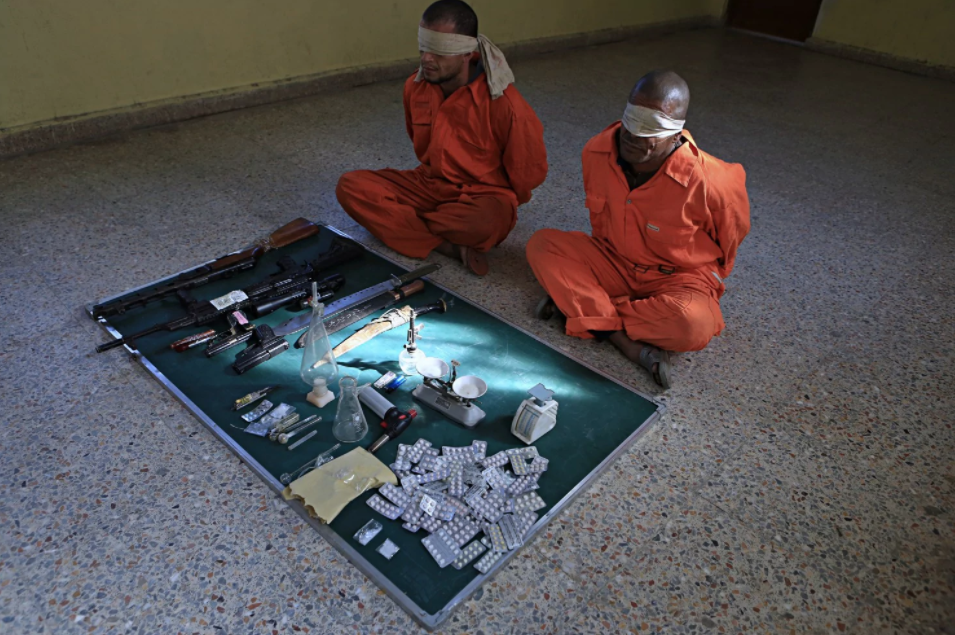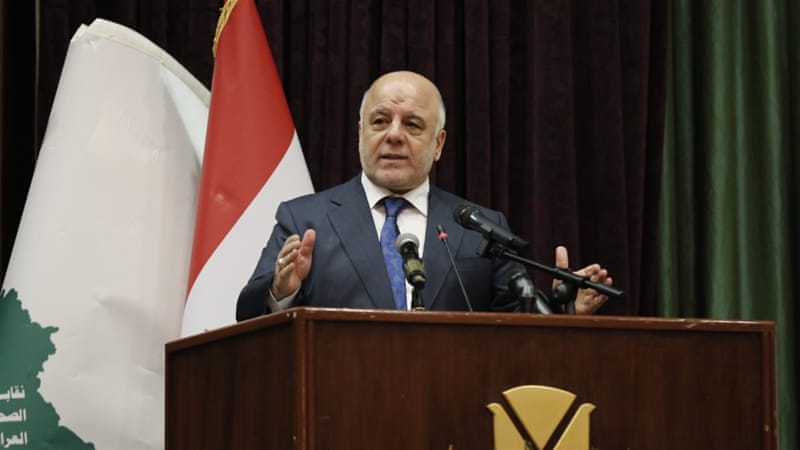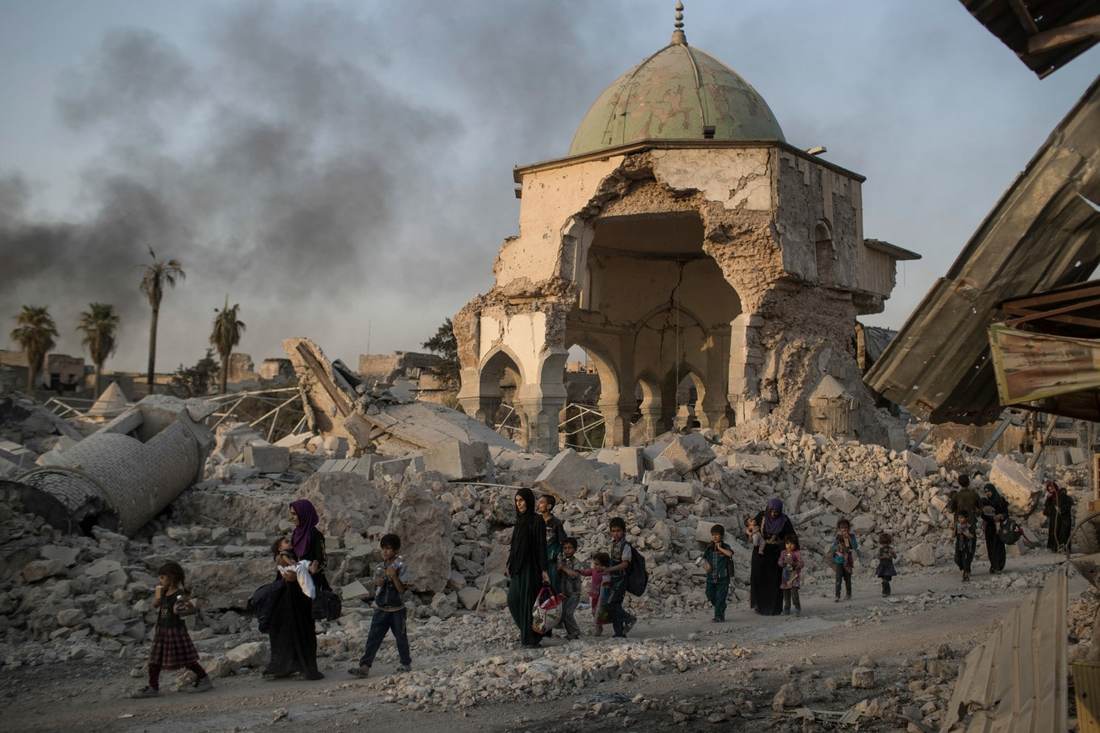Putting aside the economic diagnosis interventionists touted a decade before now, neither oil nor its abundance has proven enough to steady Iraq’s economic ship, battered by years of sanctions, turmoil and the imperialist undertakings of intervening powers.
The fiscal regulations and policies architected by Iraq’s pre-2003 government to keep the economy wholesome were eradicated overnight, by American and allied forces. Poverty and inequality (certainly in existence before then) rose aggressively after structural adjustments to Iraq’s command economy nourished rather than redress these twin demons.
The promise of growth has been repeatedly sold, without ever transpiring.
In his speech to the White House a day prior to the fateful invasion in March 2003, former US president George W. Bush mentioned oil once, but only to warn the future insurgency from “destroy[ing] oil wells”. Oil, Bush at the time said, is “a source of wealth that belongs to the Iraqi people”. The warning served only to clear the path, militarily and rhetorically, to allow America to seize the wealth and distribute it between themselves and allies.





 RSS Feed
RSS Feed